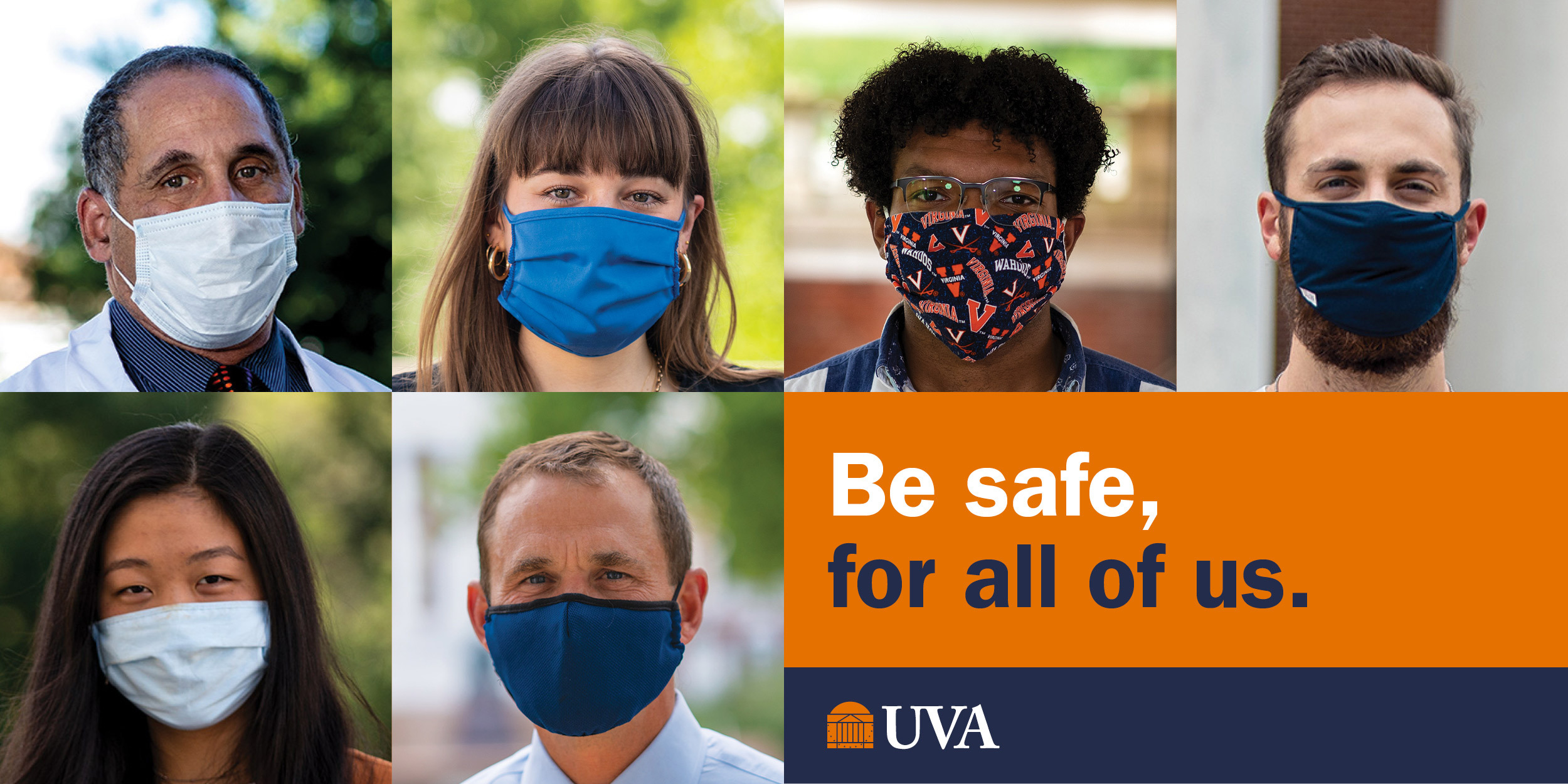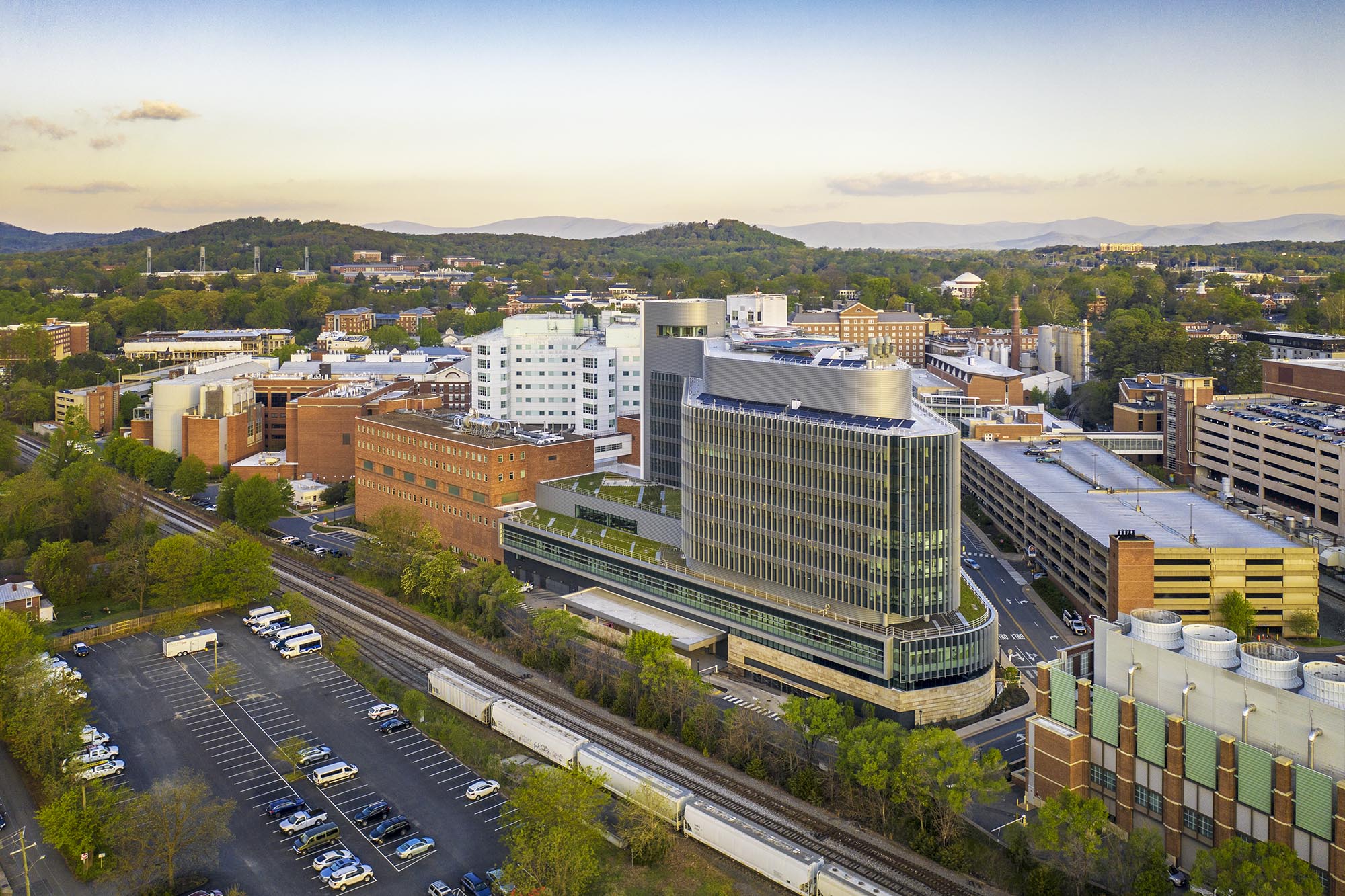As the University of Virginia prepares to welcome undergraduates back to Grounds and begin in-person instruction, UVA Health’s Medical Laboratory continues to prepare for increases in demand for coronavirus testing in both the University and the greater Charlottesville communities.
Robust testing – along with the wearing of masks, physical distancing and avoidance of large groups – is considered a pillar of efforts to contain the spread of COVID-19. Along with other health systems and communities, UVA Health has taken additional steps to prepare for, and to mitigate the impact of, supply chain disruptions for some materials used to process test samples. The University is also incorporating other platforms into its overall testing strategy, such as Let's Get Checked, which is providing free self-administered COVID-19 testing kits to students coming to Charlottesville and, as of this week, to asymptomatic faculty, staff and contract workers.
UVA Today on Monday checked in with Dr. Christopher A. Moskaluk, chair of the UVA Department of Pathology and physician lead of the Pathology & Medical Laboratory Service Line, about the current status of UVA Health’s testing capacity and the path forward.

Q. How many tests is UVA Health currently conducting per day and what is its capacity?
A. The lab has averaged processing between 300 and 400 COVID-19 viral tests each day. Our current capacity is between 750 and 800 per day. This testing includes patients showing symptoms of the virus who come to our clinics and emergency room, tests conducted at community testing events, testing at local nursing homes, and testing for the athletic departments at UVA and at James Madison University. So we currently have an excess capacity for the current demand for testing and capacity for additional testing.
Q. How many tests would UVA Health need to be able to offer to accommodate the demand once students are fully back on Grounds and in the community?
A. It is difficult to project what the actual demand might be. But to help us prepare for when students fully return to Grounds, plans are underway to significantly increase our testing capacity. Our lab will receive a new testing instrument in early September and we hope to double our testing capacity within two to three weeks after that.
Q. Is testing capacity adequate across the community?
A. We are confident that adequate capacity exists for current demand, and that UVA’s plans to expand capacity – along with other sources for testing across the Charlottesville community – provide the tools to handle current and future demand. It’s important to remember that several providers are also offering tests in our region, including the local Thomas Jefferson Health District and CVS.
Q. Are the global supply chain issues still creating problems for the University or the Charlottesville community? What are the specific challenges?
A. Like virtually all hospitals in the U.S., we have faced shortages of some supplies needed to perform COVID testing, such as testing reagents and equipment. But our team has worked to find creative solutions to address some of those challenges.
Q. What are some of the steps UVA Health has taken?
A. Among other steps, we have installed new freezers and refrigerators and ordered a month’s supply of testing reagents (up to 40,000 tests). In the event that our medical labs need additional capacity, we have an agreement with a commercial laboratory to receive our excess samples and return the results to us electronically. We have a completely separate team of staff standing by to help if we need to send tests to the commercial lab.
In addition, we worked with partners from across Grounds and the Charlottesville community to develop our own COVID-19 testing swab to support testing both here at UVA and across Virginia. Back in March, our lab team successfully stood up COVID testing and began offering it to hospitals across Virginia.
Media Contact
Article Information
August 31, 2020
/content/qa-uva-medical-lab-addresses-capacity-meet-virus-testing-demand

